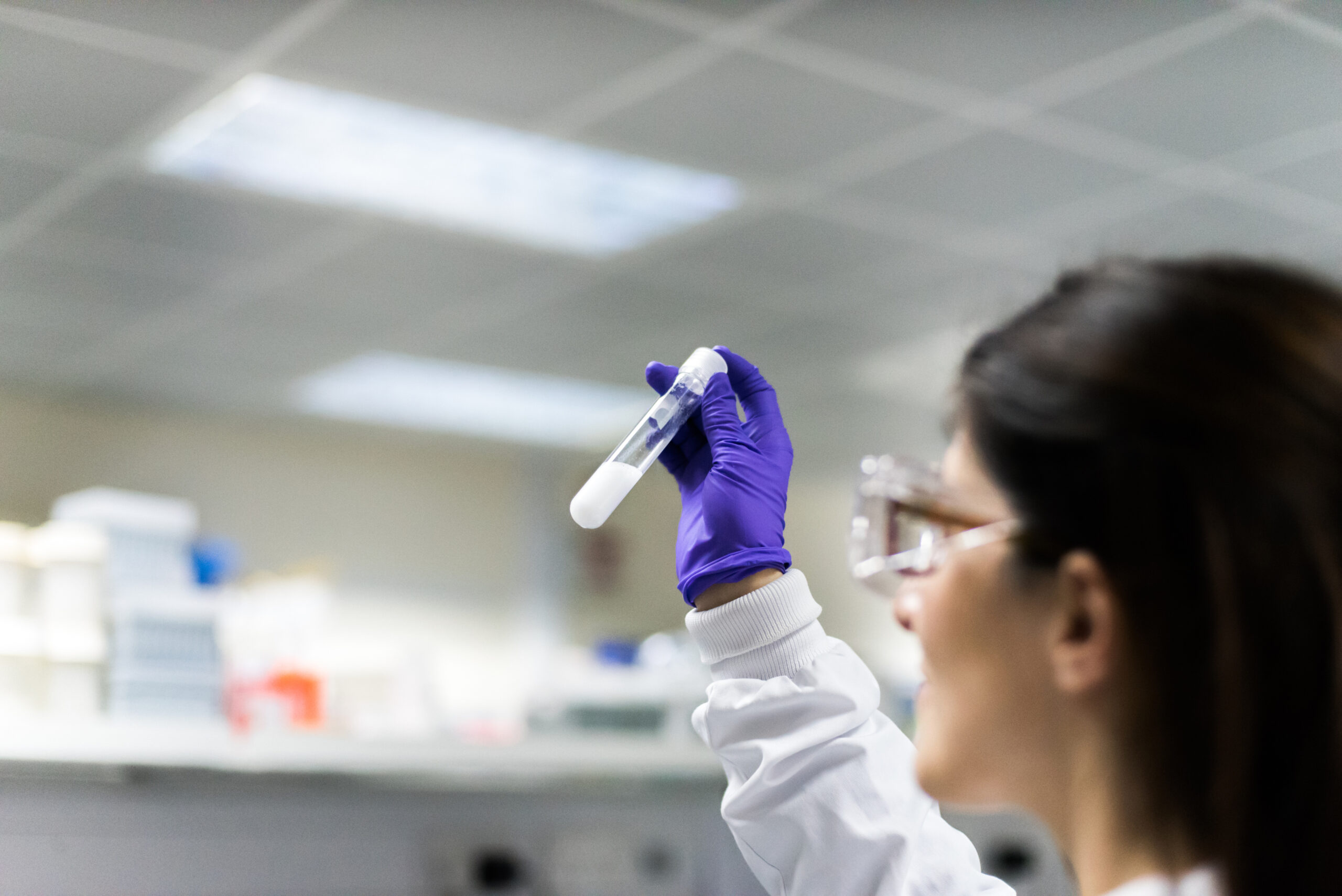Experimental Validation
Simulation results need to be validated against experimental data to ensure that models, parameters and simulations represent the real material properties. Only then can simulations be used for prediction of the behaviour of novel materials. A challenge is that it is seldom possible to experimentally measure mass transport at the pore scale where simulations are performed. Validation is therefore often performed by measuring overall transport behaviour on a material scale. The process of validation often leads to an increased understanding of the functional properties of the material.

Methods
Validation of our simulation results has been performed through comparison with air flow measurements, gas diffusion measurements (permeation analysis), diffusion cell data, etc. Cobb tests for absorption measurements have also be used. More advanced methods include NMR, and current work with imaging of liquid imbibition using X-ray facilities, e.g. at MAX IV.
Sources of Error
In situations where simulation results do not agree well with measurement data one must consider the reason for these differences. Apart from experimental uncertainties, a common reason is that it is not always possible to image and run simulations in a large enough volume to represent the whole material, a so called representative volume. This is especially true for heterogeneous materials. Other reasons may be difficulties in imaging and segmenting the material structure accurately, or failure to account for effects like absorption or swelling.

Finns bilder från MAX IV?
Want to know more?
Please reach out to one of our experts in the field

Senior researcher
Tobias Gebäck
Project leader and expert in mathematical modeling and simulations in porous materials.
tobias.geback@chalmers.se+46 31 772 3547
Related publications
Explore some publications related to the concept.